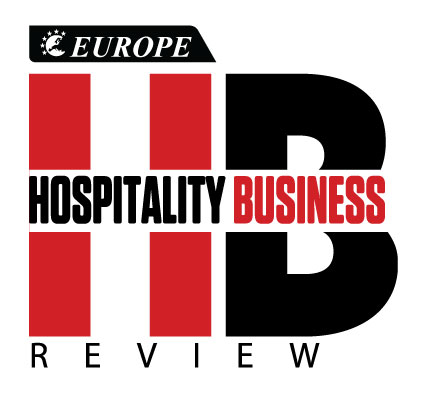Thank you for Subscribing to Hospitality Business Review Weekly Brief
Hotel Marketing Trends to Boost Revenue
Hospitality Business Review | Thursday, January 22, 2026
Fremont, CA: The hotel business has undergone substantial changes. Performance swings have differed by season, year, and market, but the state of affairs has remained stable. Three key elements—consistency, planning, and impact—allow us to use marketing tactics to increase income as the sector has identified new demand periods.
Consistency plays a crucial role in marketing efforts. Ensuring uniformity in branding, imagery, and messaging across all platforms fosters trust among previous and current guests. Timely and relevant communication keeps your hotel at the forefront of potential guests' minds. It is equally vital to target the appropriate customer at the right moment consistently. Ongoing exposure cultivates brand recognition, trust, and loyalty, increasing the likelihood that guests will consider your hotel when making reservations. Digital advertising is one of the most effective methods to achieve this goal.
Stay ahead of the industry with exclusive feature stories on the top companies, expert insights and the latest news delivered straight to your inbox. Subscribe today.
Digital Marketing:
In the contemporary digital landscape, marketing is essential in influencing customer experiences. Hotels must engage with potential guests during the initial phase of their travel planning—when they contemplate their destination and timing—by connecting with tech-savvy travelers at this critical juncture. To effectively shape consumer behavior and enhance revenue, hotels can utilize various technological advancements, including Mobile Optimization and Virtual Reality (VR) Tours.
Digital Paid Advertising:
The subsequent phase in digital marketing involves digital paid advertising, explicitly focusing on targeted advertising and personalization.
Digital marketing empowers hotels to develop advertising campaigns tailored to specific demographics, consumer behaviors, and interests. This precision guarantees that appropriate messages are delivered to the relevant audience segments, enhancing the likelihood of converting prospective guests or generating sales. Achieving this effectively requires a comprehensive understanding of the audience, particularly the hotel’s primary feeder markets. Personalization and search engine optimization are the two different methods of digital paid advertising.
Leveraging Social Media and Influencer Marketing:
Social media platforms have emerged as significant marketing assets for hotels. They provide avenues for direct interaction with former, present, and prospective guests, highlight distinctive services, and foster brand loyalty. Hotels can capitalize on social media and influencer marketing to enhance revenue by utilizing Visual Storytelling, User-Generated Content (UGC), and Influencer Partnerships.
Sustainability:
Sustainability has surfaced as a paramount concern for travelers worldwide. Establishments that implement environmentally responsible practices can appeal to eco-conscious patrons and distinguish themselves in a competitive landscape by highlighting their dedication to sustainable initiatives. Among the various strategies for sustainable tourism are Green Certifications, Eco-Friendly Amenities, and Community Engagement.
More in News



